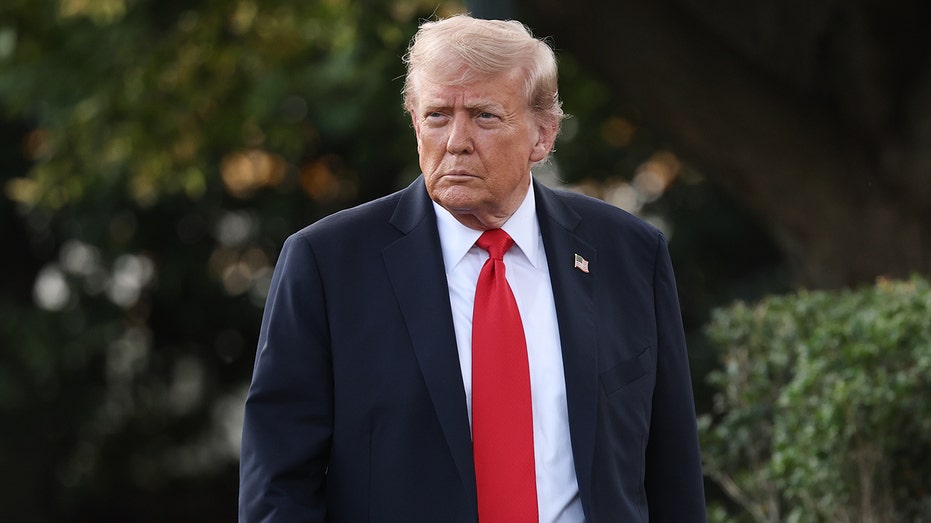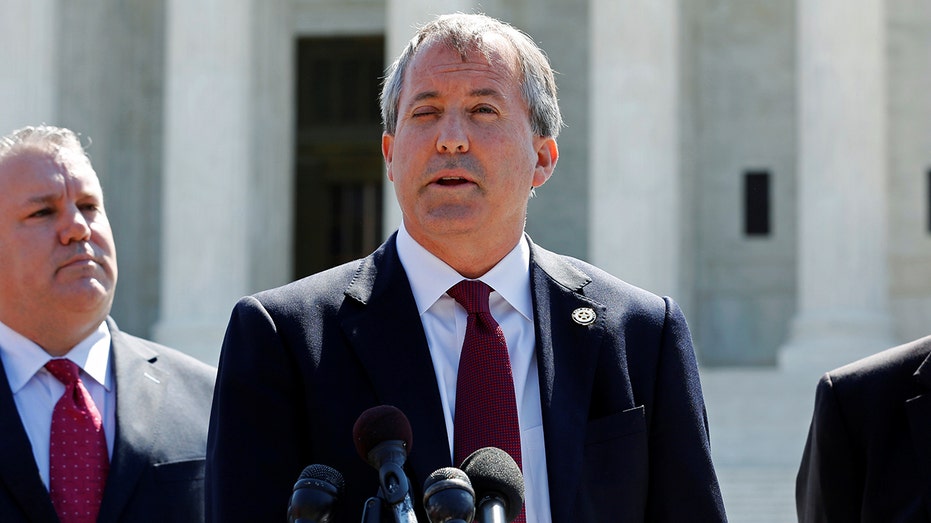After thirty-five days of paralyzing uncertainty, the longest government shutdown in United States history finally ended. President Trump signed legislation restoring funding, a move forced by mounting consequences that rippled across the nation and impacted millions of lives.
The crisis began to reach a breaking point as federal workers faced missed paychecks, creating financial hardship for families across the country. Simultaneously, critical infrastructure began to strain under the pressure of staffing shortages, most visibly at airports where air traffic controllers and TSA personnel struggled to maintain operations.
The agreement provided a temporary reprieve, funding the government at existing levels until January 30th. This breathing room was intended to allow lawmakers to negotiate a more comprehensive, long-term spending plan for the coming fiscal year, averting another potential shutdown.
Beyond simply reopening offices, the legislation addressed immediate needs. Crucially, it secured funding for the Supplemental Nutrition Assistance Program (SNAP), a lifeline for over 42 million Americans who rely on the program to afford groceries.
The deal also reversed earlier layoff notices issued by the administration and ensured federal employees would be compensated for the time they were furloughed. This meant a return to work and a much-needed restoration of income for those who had been forced to wait.
The path to resolution was fraught with political tension. The shutdown stemmed from a deadlock between Senate Republicans and Democrats over a short-term spending bill, initially intended to keep the government running through November. The Senate ultimately passed the measure 60-40, with bipartisan support.
The House followed suit, approving its version of the bill several days later. The urgency was palpable, as the impact of the shutdown intensified, with increasing reports of sick calls and employees seeking secondary employment to cope with financial strain.
At the heart of the dispute lay fundamental disagreements over healthcare policy. Republicans alleged Democrats sought to expand healthcare access to undocumented immigrants, citing a provision that would have altered a previous tax and policy bill.
Democrats countered that their priority was to extend Affordable Care Act subsidies set to expire, ensuring continued access to healthcare for millions. While the signed bill didn’t include this extension, a commitment was made for a Senate vote on the issue in December.
However, the path forward remains uncertain. The Speaker of the House has yet to signal support for the proposed vote on the ACA subsidies, leaving the possibility of future conflict looming on the horizon. The temporary solution offers relief, but the underlying issues remain unresolved.





